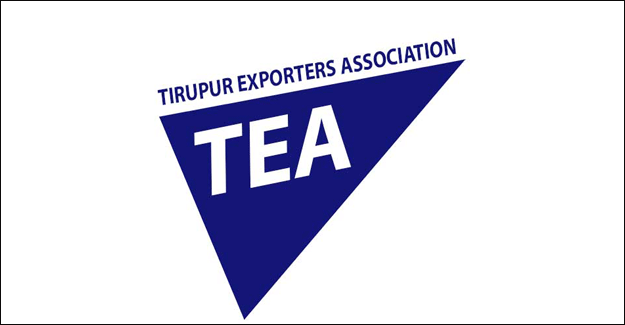
Tirupur Cluster Pleads With Centre To Classify Biosludge Textile Waste As Nonhazardous
The centre has recently received a request from the TIrupur Textile Exporters to reclassify biological sludge or microbes generated in effluent treatment plants (ETPs) under the non-hazardous category of wastes.
Ever since the government implemented the zero liquid discharge (ZLD) system, ETPs were struggling against the odds to safely discharge 30 tons of biosludge that was generated on a routine basis as this was classified as hazardous waste.
Recently, nearly a year back, the textile cluster in Tirupur managed to discover a method to convert the biosludge into fuel. However, this move has to gain approval from the centre.
The textile cluster has taken the initiative to submit a memorandum to the Central Pollution Control Board (CPCB). The memorandum has been routed through the Tamil Nadu Pollution Control Board (TNPCB). It seeks the go ahead from the government to classify biosludge as non-hazardous.
The ETP for this category works on the principle of growing microbes including bacteria that will consume the effluents. The microbes created for this purpose rapidly multiply. Arrangement is alsomade to remove excess microbes and dead microbes from time to time. This process results in creating tons of biosludge every day.
In a media statement, the Dyers Association of Tirupur (DAT) President, S Nagarajan said, “The association approached Indian Institute of Technology-Madras (IIT-M) to conduct a study on disposal of the biosludge. A five-member team from department of environmental science and engineering of the premier institution conducted a research and found that the sludge can be converted into biobriquette, which can be utilized as fuel.” The research team was working in the previous year at Arulpuram.
Currently, the Tirupur cluster generates more than 10,000 tons of biosludge every year. The biosludge has to be stored safely without resulting in any damage to environment. This requires the textile dyeing unit to spend more on capital. In fact nearly a fourth of the running cost of ETPs are accounted for in the storage of biosludge.
According to the cluster spokesman, Gajendran, “In the event we are allowed to utilize the converted form of the biosludge as fuel, the cost could be controlled. DAT invested Rs 30-40 lakh for the research but it is in the hands of the central government to reclassify the sludge as non-hazardous and allow it to be used as fuel.”
Textile Excellence
If you wish to Subscribe to Textile Excellence Print Edition, kindly fill in the below form and we shall get back to you with details.












